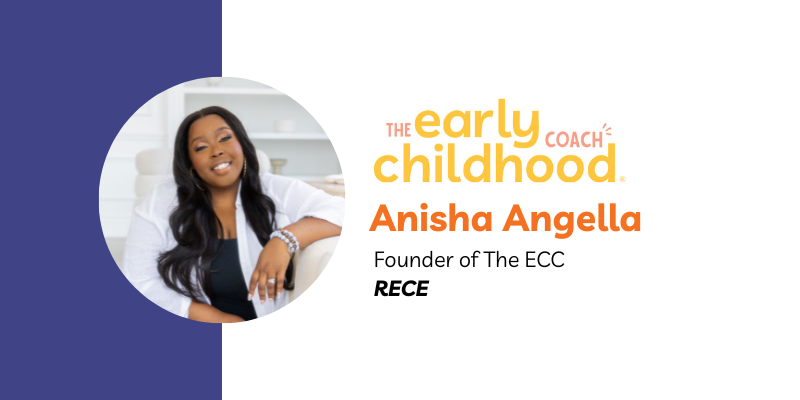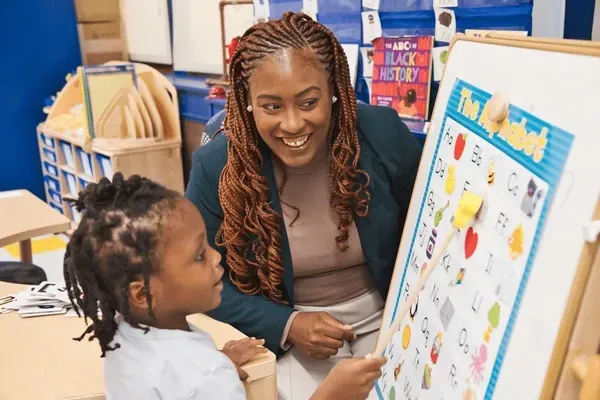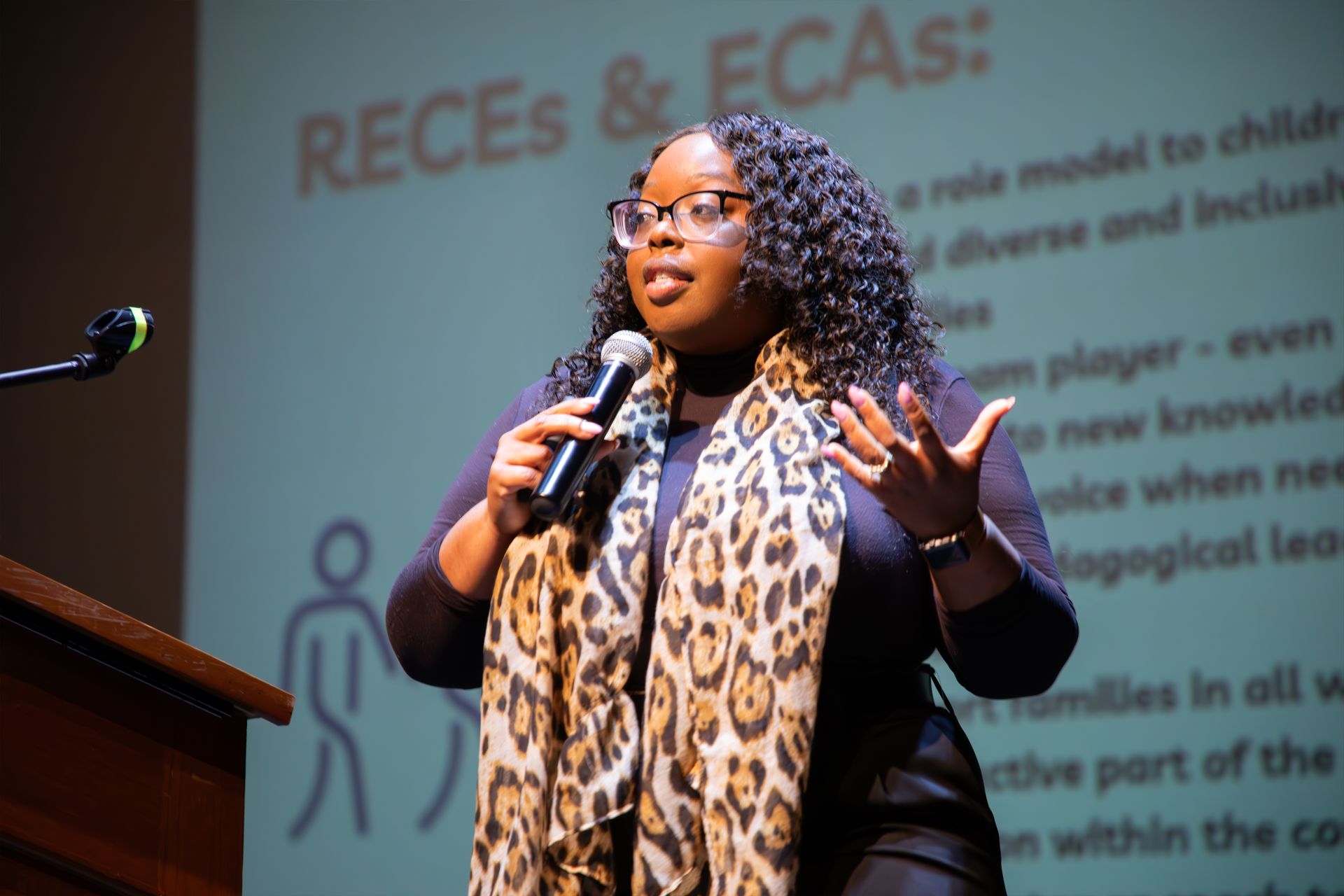The Power of Early Childhood Educators: Shaping the Foundations of Society
Early childhood is a critical phase in a child's development, laying the foundation for their future growth and success. In this formative period, the role of early childhood educators becomes paramount. These dedicated professionals possess the power to influence and shape young minds, profoundly impacting individuals and society as a whole. Today, we delve into early childhood educators' remarkable contributions and highlight the powerful ways they mould tomorrow's leaders, innovators, and changemakers.
Nurture Lifelong Learning
Early childhood educators foster a love for learning that transcends the classroom. They create a nurturing environment where children feel safe, encouraged, and curious about the world around them. When educators engage young learners in stimulating activities, play, and exploration, they lay the groundwork for a lifelong passion for education. They equip children with the tools to become independent, critical thinkers by instilling a thirst for knowledge at an early age.
Social and Emotional Development
Beyond academic knowledge, educators play a vital role in social and emotional development. They help children develop essential skills such as empathy, self-regulation, and conflict resolution, as well as fostering a sense of belonging and promoting positive relationships. Children with this solid social foundation can navigate future challenges, build meaningful connections, and contribute positively to society. We have early childhood educators to thank for all these positive impacts on our society.
Individualized Learning
Every child has unique learning styles, strengths, and challenges. Early childhood educators recognize and celebrate individuality, tailoring their teaching methods to meet the needs of each child. Personalized attention helps children feel valued and empowered. An inclusive learning environment not only facilitates academic progress but also nurtures a sense of self-confidence and resilience in young learners.
>>Watch our founder Anisha Angella discuss the importance of ECE educators on Breakfast Television.
Promote Holistic Development
Early childhood educators understand that education extends far beyond academics. They recognize the importance of holistic development that encompasses physical, cognitive, social, and emotional aspects. Educators cultivate well-rounded individuals by incorporating activities that promote physical fitness, creative expression, problem-solving, and social interactions. They encourage children to embrace their unique talents and interests, helping them unlock their full potential.
Bridge Gaps and Foster Equality
Early childhood educators have the power to bridge socio-economic and cultural gaps, fostering equality from an early age. By providing equal access to quality education, regardless of a child's background, they help level the playing field. Educators play a vital role in breaking cycles of poverty and inequality, empowering children to transcend barriers and achieve their dreams. Through inclusive practices, they cultivate a sense of respect, acceptance, and appreciation for diversity.
Collaborate with Families and Communities
Early childhood educators recognize that their impact extends beyond the classroom. They actively collaborate with families and communities to create a seamless web of support for children. These educators build strong partnerships with parents that reinforce educational goals and values. They also connect with community resources, integrating real-world experiences into their curriculum. This collaboration creates a comprehensive support system that nurtures children's growth and development.
“Early childhood educators are the foundation of education."
- Anisha Angella
Early childhood educators are the unsung heroes of our society, wielding incredible power in shaping the future. Their dedication, passion, and expertise leave an indelible mark on the lives of children and communities. By nurturing lifelong learners, promoting social and emotional development, fostering equality, and collaborating with families, these educators create a strong foundation for a brighter tomorrow. Let us recognize and celebrate the power of early childhood educators, for they hold the key to unlocking the limitless potential within every child.
>> Want to take staff appreciation to the next level?
We have a workshop for that!






